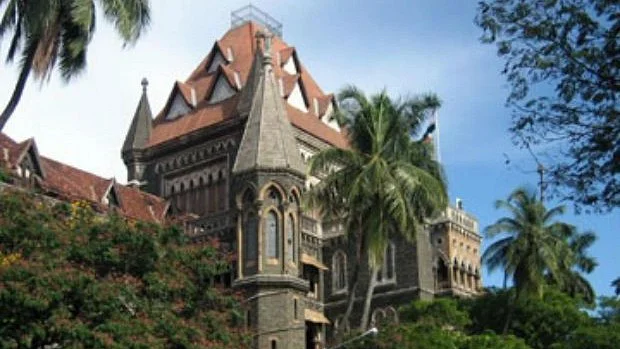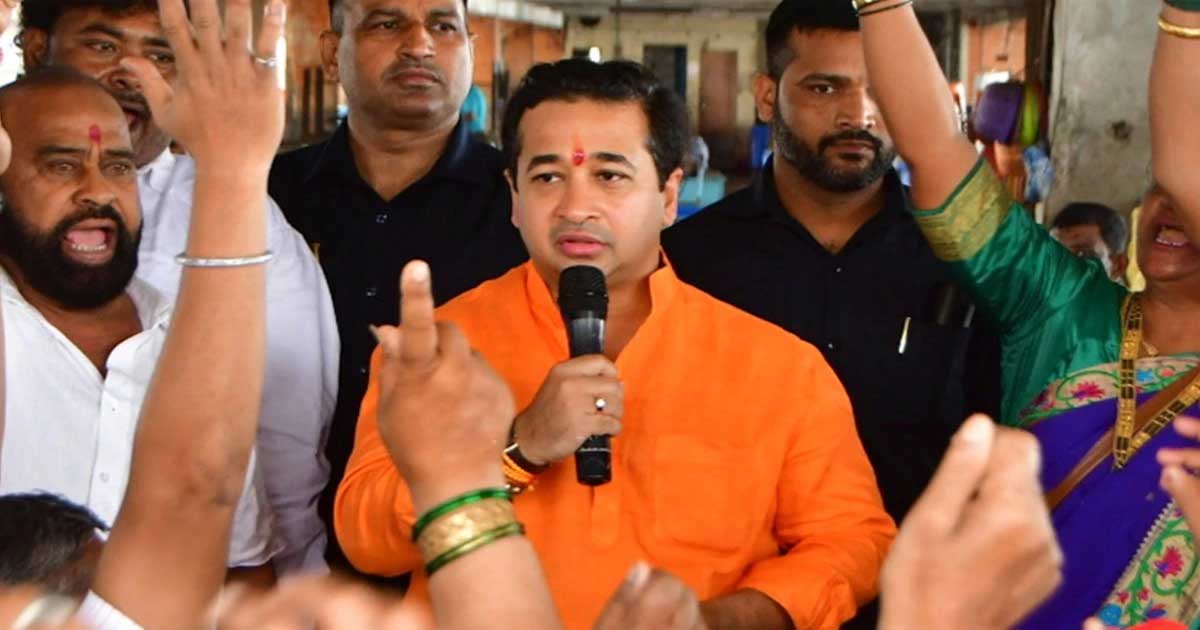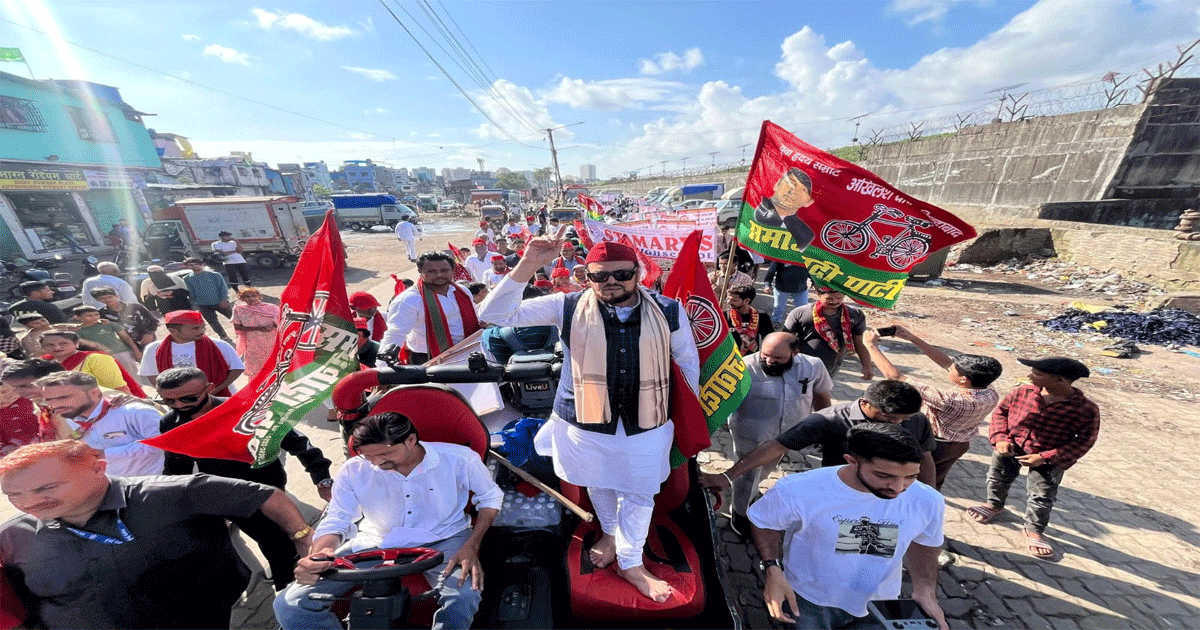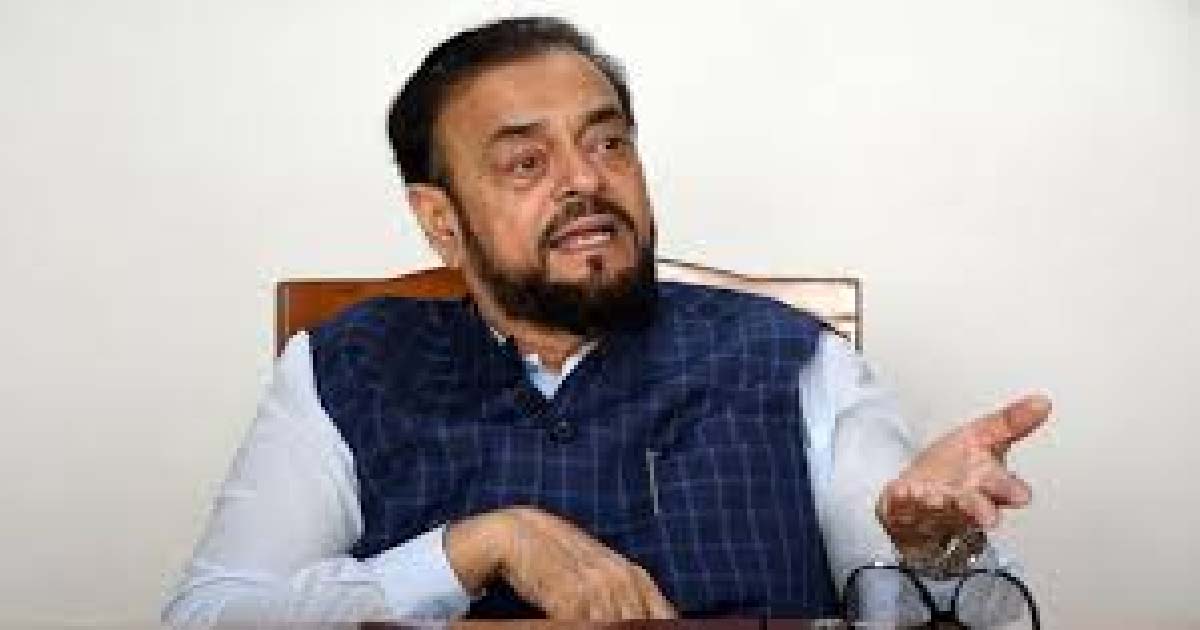Maharashtra
Bombay high court: Mumbai restaurant with eating house permit can’t serve herbal hookah on the menu.

MUMBAI: Bombay high court held herbal hookah cannot be on the menu in a restaurant operating on an eating house license from the Brihan mumbai Municipal Corporation (BMC).
It cannot be countenanced that grant of a license to conduct an eating house is deemed to include a license to conduct Hookah activities and the civic chief is certainly required to consider issues that could be a nuisance or dangerous said A bench of Justices Girish Kulkarni and R N Laddha on April 24 denying permission to ‘The Orange Mint’ a lounge in Chembur to serve herbal hookah (HH).
The HC held that the Mumbai municipal Commissioner Iqbal Chahal has appropriately exercised his discretion under the Mumbai Municipality Act, to prevent HH being served at the lounge. The BMC is noted expected to keep a “continuous vigil’’ on hookah activity of the petitioner said the HC adding, “Once it is clear that hookah activities are not part of the Eating House license conditions, such activity cannot be permitted”.
Justice Kulkarni authoring the order, gave an illustration saying, “In a restaurant or eating house, where children, women and elderly visit for refreshments/eating, it cannot be expected that hookah is one of the menus being served and more particularly of the category as offered by the petitioner using flame or burnt charcoal.’’ The HC said, “This would amount to an absolute nuisance’’ at the restaurant and were it to become a reality, “the impact it would create on such customers at the eating house can just be imagined”.
Under Section 394 of the Municipal Corporation Act, restaurants are issued an eating house license to operate. Section 394, said the HC prohibits certain trades, processes and operated without a license and empowers BMC To seize, destroy to prevent danger or nuisance.
But the section cannot be interpreted to mean such license would permit the restaurant to serve ‘herbal hookah’ said the HC whose order was made available on May 1.
“The Municipal Commissioner in granting license is certainly required to apply his mind to such issues which are dangerous to life, health or property of the citizens, as also, on issues which are likely to create a nuisance…’’the HC said.
Entrepreneur, S B Parkhi, the petitioner through her counsel counsel Mayur Khandeparkar submitted that the license issued by the BMC would include serving of ‘herbal’ hookah. The challenge was to April 18, 2023 order assed by the Medical Officer Health, M/West
Ward, directing to stop serving such herbal hookah within seven days, else they
eating house license shall be revoked, without any further notice.
Brihan Mumbai Municipal Corporation (BMC) lawyer Kunal Waghmare took the stand that an eating house license would not permit any such hookah activity.
Authoring the order, Justice Kulkarni said the section cannot be interpreted “narrowly”.
“On a holistic reading of Section 394 of the MMC Act, the contention of the petitioner that the eating house license granted to her permits “hookah activities” or conducting any “hookah parlour” under the terms and conditions of the eating home license, is totally untenable,’’ held the HC adding, “ The canvass of Section 394 of the MMC Act, is quite broad to take within its ambit articles, trade, operations, which are dangerous to life, health or which are likely to create nuisance, as quite extensively described in the provision”.
The HC reasoned that the legislatures’ intention can be derived from the clear wordings that include in its ambit any article, trade, process or operation which in the opinion of the civic chief are dangerous to life, health or property or are likely to create nuisance “either from its nature” or by reason “of the manner” in which or the conditions under which the same are or are proposed to be used and carried on.
Maharashtra
Waris Pathan knows what Nitesh Rane is doing. Nitesh Rane’s threat to Pathan.

Mumbai: Maharashtra BJP leader and minister Nitesh Rane once again spewed venom against Muslims and said that this is not his father’s Pakistan and Karachi but a Hindu Rashtra and a government of Deva Bhau, in such a situation, if anyone tries to disrupt the order and atmosphere, he will be given a response. Nitesh Rane targeted AIMIM national chief Asaduddin Owaisi and said that the place where Owaisi’s rally was held is not Ahmednagar but Ahlia Nagar. The government has changed the names of Ahmednagar and Aurangabad, despite this, people avoid calling Ahmednagar Ahlia Nagar and Aurangabad Chhatrapati Sambhaji Nagar. Such people do not follow the Constitution of India but follow Sharia. He said that if Owaisi tries to disrupt the atmosphere of the state, the government will be forced to consider whether to give him permission to hold a rally or not because he comes here for his political rally.
Threatening Advocate Waris Pathan, Nitesh Rane said that Waris Pathan knows what Nitesh Rane is. He said that Waris Pathan should fix the time and place, Nitesh Rane will definitely come, then we will know what will happen. Nitesh Rane, while showing provocation against Muslims, said that when the idol of our gods and goddesses is desecrated and subjected to violence, where does brotherhood go and where does the Constitution of India go then? He said that if anyone tries to disturb the peace of the state, then he should know that here is the Hindutva Valley government of Devendra Fadnavis.
Maharashtra
Anti-drug rally of Govindi Samajwadi Party leader and MLA Abu Asim Azmi

Mumbai: A massive anti-drug rally was taken out today under the leadership of Samajwadi Party MLA Abu Asim Azmi to draw attention to the serious problem of drug addiction and illegal drug trade in Mankhurd Shivaji Nagar assembly constituency and to create public awareness against it.
Thousands of workers and local citizens participated in the rally. Protesters took to the streets and demanded strict action against the illegal drug trade and appealed to the youth to stay away from drugs.
The main objective of the rally was to free the youth of the area from the clutches of drugs and to put pressure on the administration to stop this illegal trade. Abu Asim Azmi himself led the rally and stressed the need for immediate and strict action against the drug problem in the area. Not only party workers but also a large number of mothers, sisters, young and old citizens of the area participated in the demonstration, highlighting the seriousness of the problem.
The drug problem in Mankhurd Shivaji Nagar constituency has been a topic of discussion for many years and it is badly affecting the lives of local citizens. By organizing this rally, MLA Azmi has once again shown his determination to solve this important problem faced by the citizens of his constituency. Speaking on the occasion, MLA Abu Asim Azmi warned the administration: “Immediate and strict action should be taken against those involved in the illegal drug trade, otherwise the Samajwadi Party and the local citizens will intensify the protest.” The rally proved to be an important rally in drawing attention to the social and health problems of the Mankhurdshivaji Nagar area.
Maharashtra
A new police station should be established in Govandi Shivaji Nagar. Maharashtra SP leader Abu Asim Azmi demands from Police Commissioner Devin Bharti

abu aasim aazmi
Mumbai: Maharashtra Samajwadi Party leader and MLA Abu Asim Azmi has demanded the establishment of a new police station in Shivaji Nagar constituency from Mumbai Police Commissioner Devin Bharti. He said that the old police station has been shifted to Mahada, which makes it very difficult to reach the police station from the SMS company area and it takes half an hour to an hour. In such a situation, a new police station should be established in Shivaji Nagar constituency. There has been an increase in drug abuse, crimes and other incidents in Shivaji Nagar and Govindi areas, along with an increase in the population here. It is necessary to establish a police station in proportion to the population, while the presence of police stations and personnel is not there in proportion to the population. He said that Police Commissioner Devin Bharti has said that after the recruitment of police, the police station will be established and manpower will be deployed in the police stations. Along with this, Abu Asim Azmi has also accused the local administration of irregularities in the distribution of funds along with the establishment of the police station. He said that now the corporation and The BMC election has not been held, there are Samajwadi Party corporators here but they are not being provided funds, but whoever joins the Shinde group is provided funds, this is complete injustice and therefore the funds should be distributed equally. He said that the government has no concern with the slum areas, the police presence will remain in Walkashore, Malabar Hill and Cuffe Parade, but there is no police presence in the slum areas and there is a shortage of them, that is why the bat chowki that we have built with our own funds in Govindi is also empty, there is no police personnel in it.
-

 Crime3 years ago
Crime3 years agoClass 10 student jumps to death in Jaipur
-

 Maharashtra1 year ago
Maharashtra1 year agoMumbai Local Train Update: Central Railway’s New Timetable Comes Into Effect; Check Full List Of Revised Timings & Stations
-

 Maharashtra12 months ago
Maharashtra12 months agoMumbai To Go Toll-Free Tonight! Maharashtra Govt Announces Complete Toll Waiver For Light Motor Vehicles At All 5 Entry Points Of City
-

 Maharashtra1 year ago
Maharashtra1 year agoFalse photo of Imtiaz Jaleel’s rally, exposing the fooling conspiracy
-

 National News12 months ago
National News12 months agoMinistry of Railways rolls out Special Drive 4.0 with focus on digitisation, cleanliness, inclusiveness and grievance redressal
-

 Maharashtra11 months ago
Maharashtra11 months agoMaharashtra Elections 2024: Mumbai Metro & BEST Services Extended Till Midnight On Voting Day
-

 National News1 year ago
National News1 year agoJ&K: 4 Jawans Killed, 28 Injured After Bus Carrying BSF Personnel For Poll Duty Falls Into Gorge In Budgam; Terrifying Visuals Surface
-

 Crime12 months ago
Crime12 months agoBaba Siddique Murder: Mumbai Police Unable To Get Lawrence Bishnoi Custody Due To Home Ministry Order, Says Report












